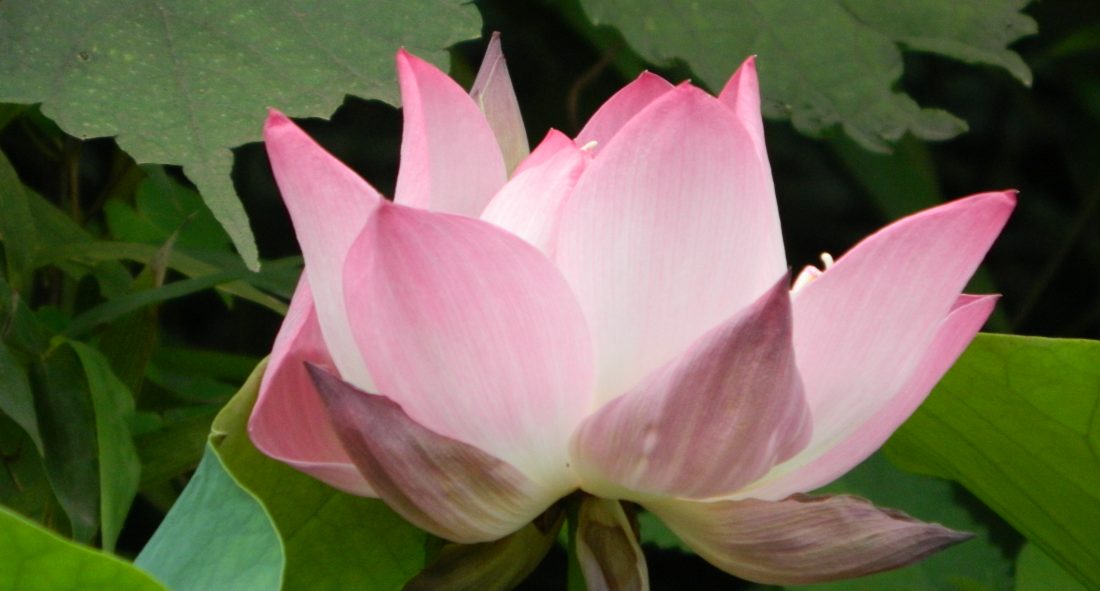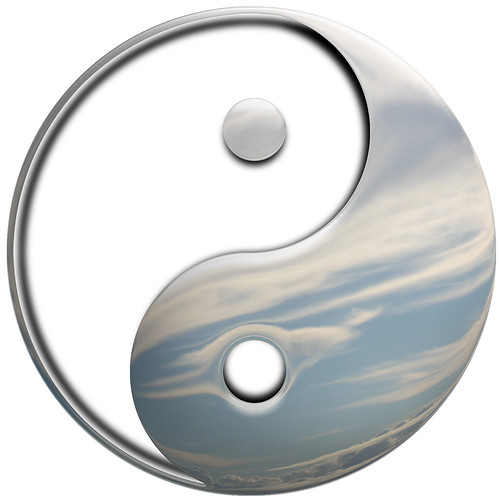By Matt Geran, Sal Donzella, and Anna Lanford
Healthcare in China has been a widely controversial topic throughout the country. I recently had a chance to read about how economic reform in China over the past few decades has affected the healthcare system. The coverage in China goes from a government-subsidized welfare system to a consumer paid, free-for-service system. What was incredible to me is seeing the recent decrease in healthcare coverage provided by the government, statistics show that 90% of rural and 51% of urban dwellers are without health insurance compared to the 1980s when over 90% of rural and 75% of urban workers were covered by government insurance programs. A huge issue that has arisen is poor relationships forming between doctor and patient. There seem to be a lot of conflicts between health care professionals and their patients, the healthcare professionals are almost using their patients as financial targets. The Harbin Scandal was a big, media involved, issue where an elderly patient was placed in an intensive care unit for sixty-six days and the healthcare professionals scammed the family out of over 6 million yuan, which is almost 1 million dollars.
Hello there, Patient “W”, here. I find the need to tell the world of what has happened from my own point of view. You see, on May 16, 2005 I was admitted into a Harbin teaching hospital for a case of non-Hodgkin lymphoma. For professional sake I’ll leave out the names, including my own, of the people in charge of my care. While I was hospitalized I developed respiratory stress and was moved to the intensive care unit where, unfortunately, I passed away 66 days later. After passing I realized the enormous amount of stress that my family was going through so I delved a little deeper into the financial issue that had come about. I followed doctors that had been in charge of my care around and discovered the immense number of falsifications on my medical bill. I won’t go into detail but my son was extensively over charged for things that were completely unnecessary to my untimely death.  My son, soon after, filed a complaint with the hospital which eventually was brought to court. In November, the National Ministry of Health began their own investigation and came to the conclusion that the hospital had committed numerous amounts of unnecessary services, doubled and simply created fake charges, and altered patient records up to 13 times. The Ministry dismissed seven hospital officials including the Hospital CEO and the ICU Director, whose medical license was also permanently suspended. I owe it to my son for taking charge of this in a big way, thanks to him the Ministry of Health has become more aware of cases like this happening and warned that future cases of patient overcharging would be dealt with an extremely severe manner.
My son, soon after, filed a complaint with the hospital which eventually was brought to court. In November, the National Ministry of Health began their own investigation and came to the conclusion that the hospital had committed numerous amounts of unnecessary services, doubled and simply created fake charges, and altered patient records up to 13 times. The Ministry dismissed seven hospital officials including the Hospital CEO and the ICU Director, whose medical license was also permanently suspended. I owe it to my son for taking charge of this in a big way, thanks to him the Ministry of Health has become more aware of cases like this happening and warned that future cases of patient overcharging would be dealt with an extremely severe manner.
Related Blogs
Bibliography
Edwin C. Hui, “The Contemporary Healthcare Crisis in China and the Role of Medical Professionalism.” Journal Of Medicine & Philosophy 35, no. 4 (2010): 477-492. http://intl-jmp.oxfordjournals.org/content/35/4/477.full












